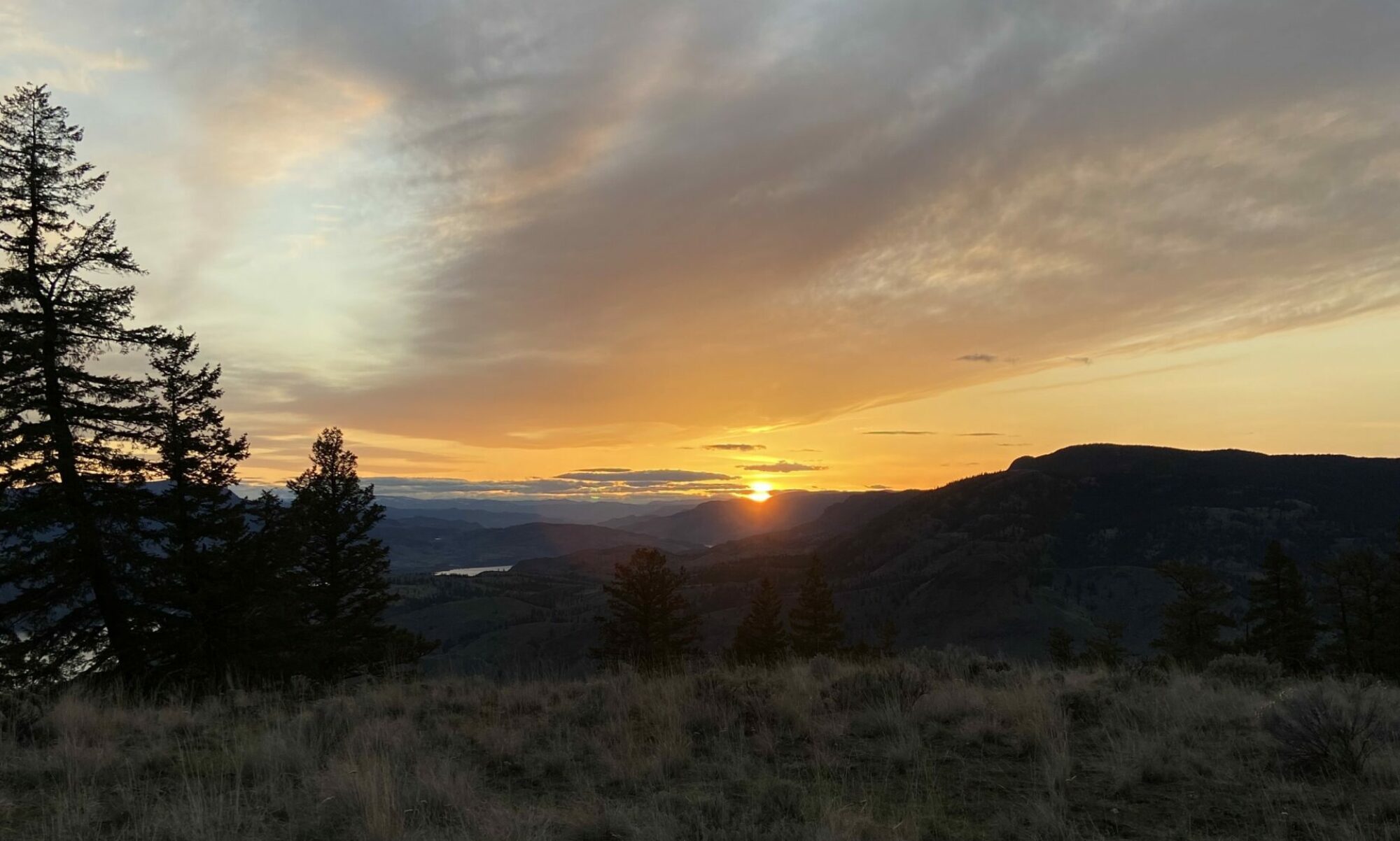First Peoples Principals of Learning
I value the First Peoples Principles of Learning as it expresses the importance of relationships, community, and connection to the land in education. The FPPL shares that learning is holistic, experiential, reflective, and is closely connected to identity and culture. These principles have ultimately adjusted my views on education. I view learning as a lifelong journey centered around respect and belonging. As I continue my journey as an educator, I’m inspired and committed to bring these principles into my teaching by creating spaces where every student feels valued. The FPPL showed me that learning goes beyond academics, it’s connection, respect, and support.
BC Curriculum
Before entering the Education program, I didn’t realize how much structure existed within education. I used to think education was mainly about teaching content but learning about the BC Curriculum changed that. I’ve learned that the curriculum is flexible, inclusive, and student focused. The curriculum focuses on making real world connections and understanding by emphasizing the core competencies: critical thinking, communication, and personal and social awareness. It values student voice, curiosity, and meaningful connection to the world around them. This approach to teaching has inspired me to become more creative and reflective in my planning, and to design lessons that are meaningful, student-centered, and engaging.
Professional Standards for BC Educators.
Discussing the Professional Standards for BC Educators made me reflect on the kind of teacher I want to be in and out of the classroom. These standards helped me realize that being an educator means being someone students can trust, someone who shows togetherness, inclusiveness, and care. As someone who struggles with confrontation and communication, I recognize growth is needed in areas involving confronting parents. Beside that, I finally feel proud of who I have become and I do my best to take these standards seriously. They remind me to continue growing, learning, and always be the kind of teacher who leads with heart and purpose.
Truth and Reconciliation Calls to Action
Prior to entering the Education Program, I understood the importance of truth and reconciliation, but it was something I only truly reflected on during specific days of the year. As I’ve continued to learn and grow, I now recognize that truth and reconciliation isn’t a moment, it’s an ongoing responsibility. It’s something that should be present in my thoughts, actions, and teaching every single day. As a future educator, Indigenizing my practice extremely important. I want to create a classroom that honors Indigenous voices, histories, and ways of knowing in a way that is respectful, meaningful, and continuous.
